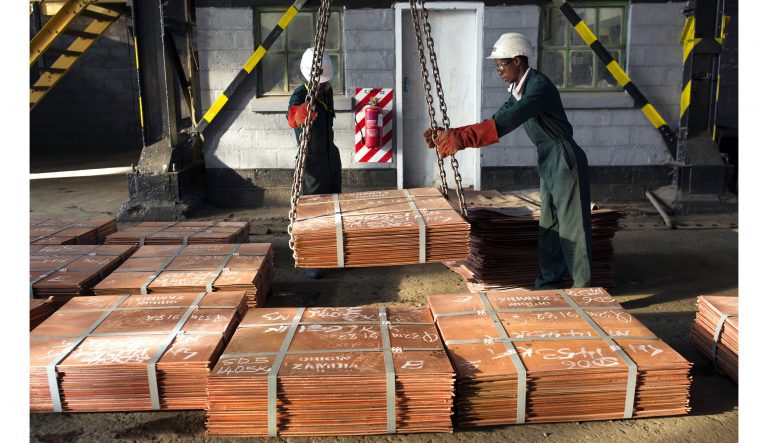Electricity Minister slams Former Eskom CEO, “De Ruyter Had No Clue What He Was Doing”
by Mathipa Phishego
Electricity Minister Dr Kgosientsho Ramokgopa has launched a scathing critique of former Eskom CEO André de Ruyter, claiming the latter was fundamentally unqualified to manage South Africa’s power utility during its most critical period of load-shedding.
In an interview with Newzroom Afrika, reported by BusinessTech, Ramokgopa said, “De Ruyter had no clue of what he was doing at the helm of Eskom. Characterizing his appointment as a “terrible mistake” that compounded the nation’s energy woes.
“I think we misdirected ourselves previously when you’ve got someone at the helm who doesn’t have an appreciation of how to run a utility of this nature. You are managing a crisis. The intention was to get out of the crisis. So you had to have a deeper appreciation of how these machines work… you need to know what has to be done.”” Ramokgopa stated.
Ramokgopa’s comments appear to underscore growing frustrations within government over Eskom’s handling of rolling blackouts during De Ruyter’s tenure. South Africa experienced some of the worst stages of load-shedding under his leadership, with power cuts often reaching Stage 6.
While De Ruyter, a former Nampak executive with a background in business rather than engineering, was brought in with a mandate to clean up corruption and improve efficiency. Critics now, including the electricity minister say his lack of technical knowledge left Eskom vulnerable during an operational crisis.
“During a crisis, you can not learn how a rotating machine works. I as a civil engineer, can not go tomorrow and perform heart surgery,” Ramokgopa said. Drawing a sharp analogy to emphasize the need for specialised technical leadership during emergencies.
The criticism comes more than a year after De Ruyter’s dramatic exit from Eskom, following a bombshell interview in which he alleged high-level corruption and political interference at the utility. His claims sparked a national debate about governance, accountability, and the depth of South Africa’s energy crisis.
Neither De Ruyter nor his representatives have publicly responded to the latest comments at time of publication.



